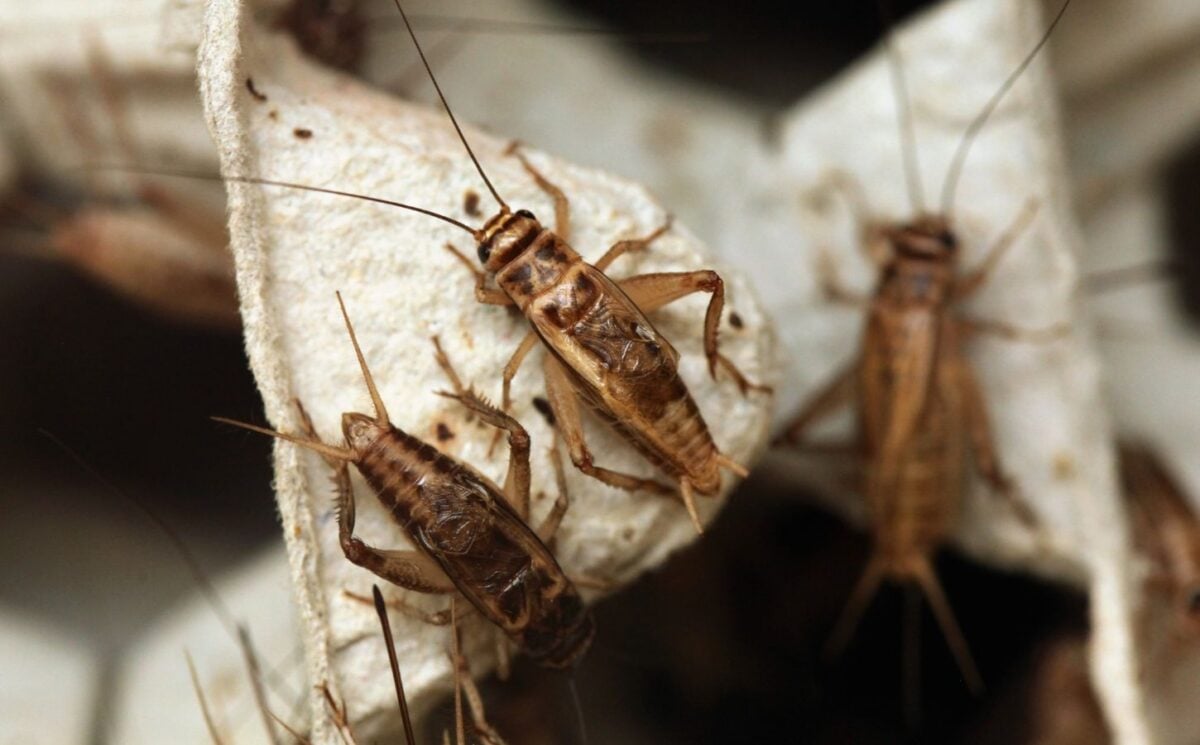A new study reports public “disgust” in Western countries at insect protein, making it less viable as a meat replacement than plant-based alternatives.
Previously, industrialized insect farming has been touted as a protein-dense meat alternative without the enormous environmental impact of traditional animal agriculture. However, the new study notes that people’s reluctance when it comes to insect-based foods means that the industry is “unlikely” to reduce meat consumption in a meaningful way throughout the UK, EU, and US.
In the UK, for example, just 24 to 26 percent of people indicate a willingness to try insects, while 67 percent of those who do not want to try insects have stated that nothing could persuade them to do so. Western countries are, notably, also responsible for the majority of farmed meat consumption, and therefore most food-related emissions, pollution, and environmental damage.
Approximately two billion people worldwide already practice “entomophagy,” or the eating of insects. As a food source, bugs are inarguably efficient compared to meat. Adult crickets contain more than twice the protein of beef while producing 100 times fewer emissions. A move to insect consumption in the West would, however, bring ethical complications. There is a growing body of research on insect sentience, with many studies suggesting that they feel pain. A plant-based diet is widely regarded as the most ethical way to eat.
Read more: Half Of US Adults Believe Plant-Based Diets Can Improve Health, Survey Finds
‘You have to meet people where they are’

In contrast to insect-based foods, the study noted that plant-based alternatives have a higher rate of consumer acceptance – and a lower environmental impact – than insects, “making them a viable option.” It also added that promoting insect foods may actually “divert resources” from plant-based alternatives, which are the more promising route for meat reduction.
Dustin Crummett, study co-author and executive director of the Insect Institute, told the Guardian, “You have to meet people where they are.”
“You need to make things easy and tasty, not just moralize and hector people,” he added. “Once there are alternative products that are better based on taste, price, and convenience, we will get some traction in reducing the impact of livestock.”
The new study was published in Nature earlier this week.
Read more: Most Americans Opposed To Cultivated Meat Ban After Tasting It, Says Study






